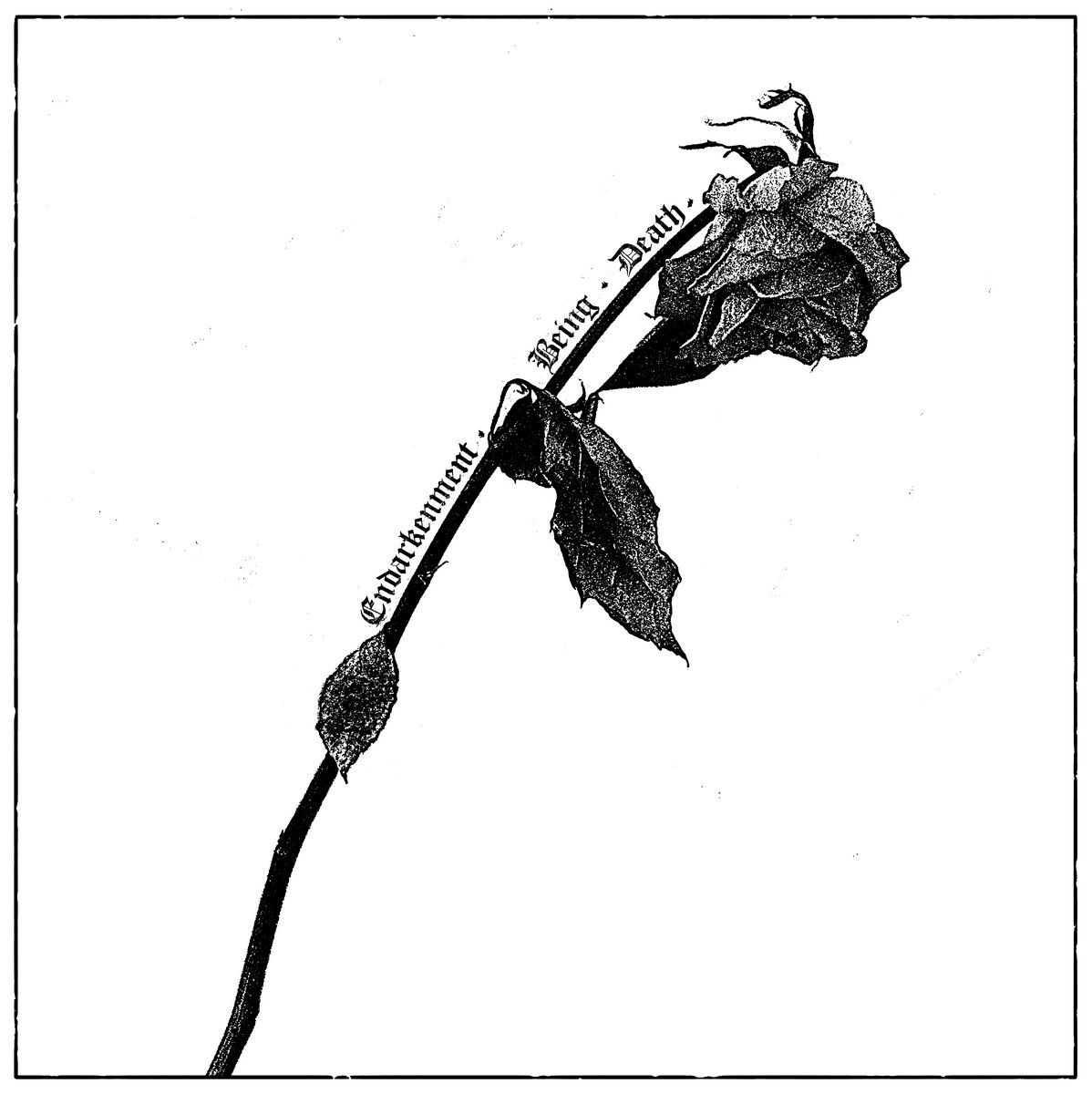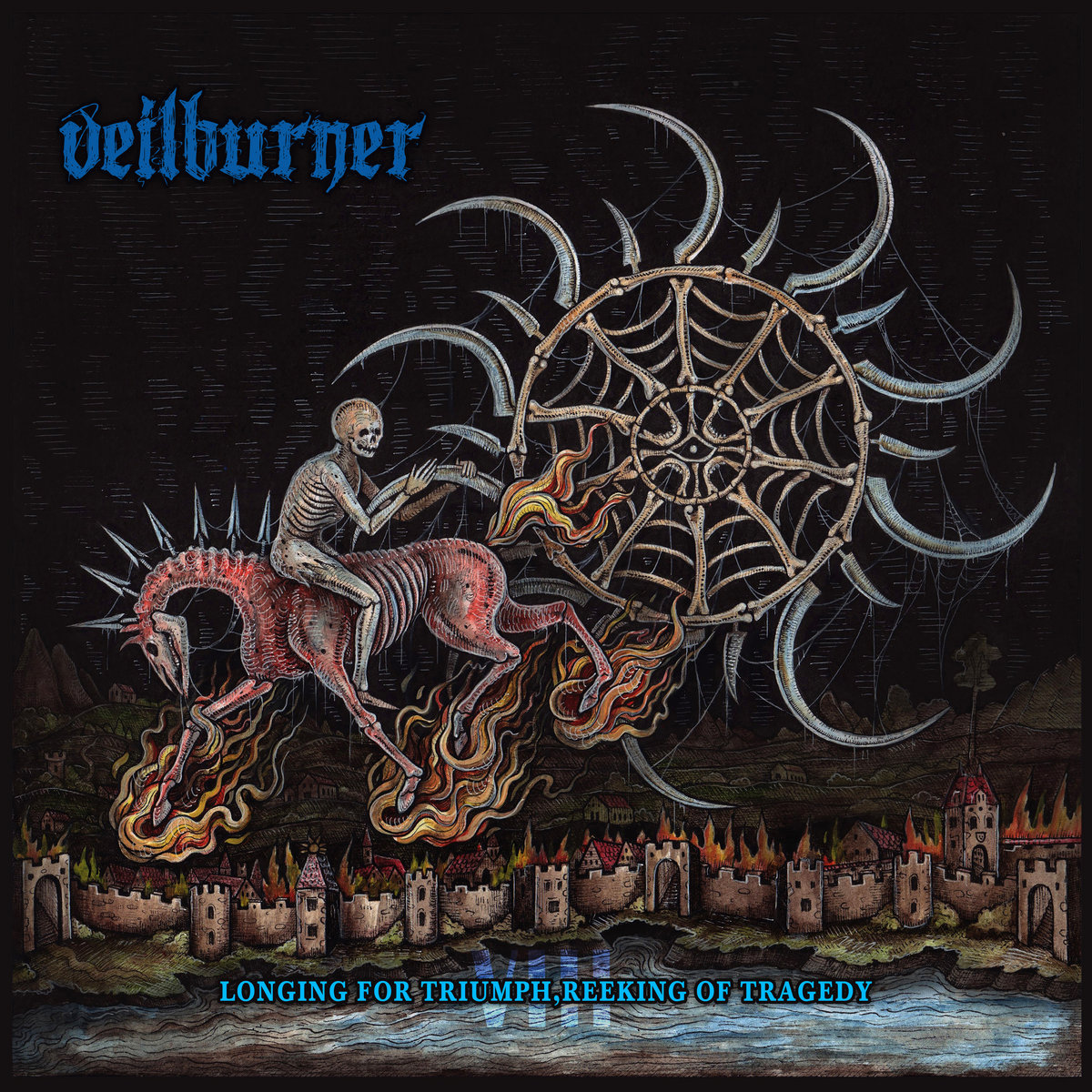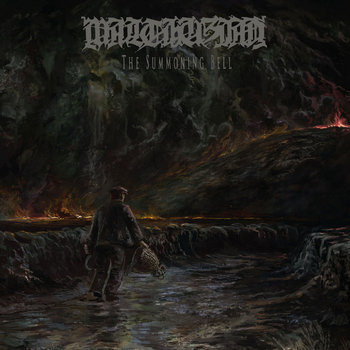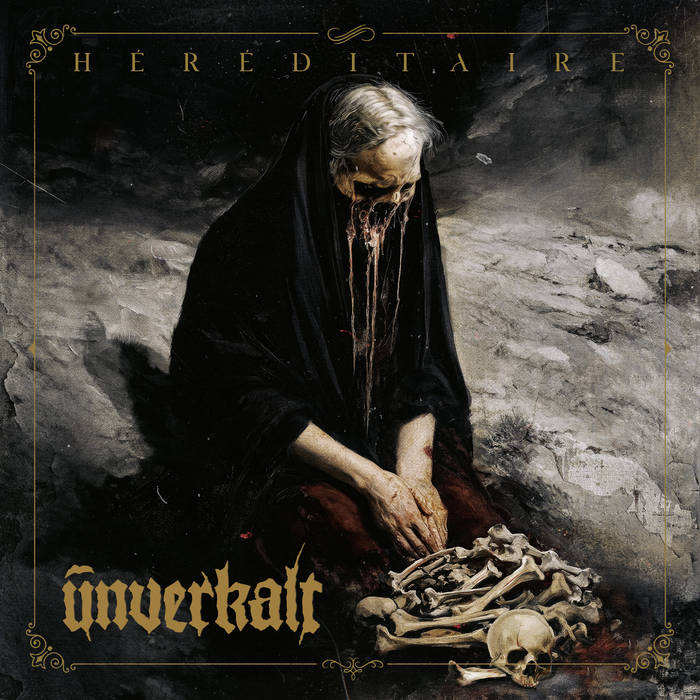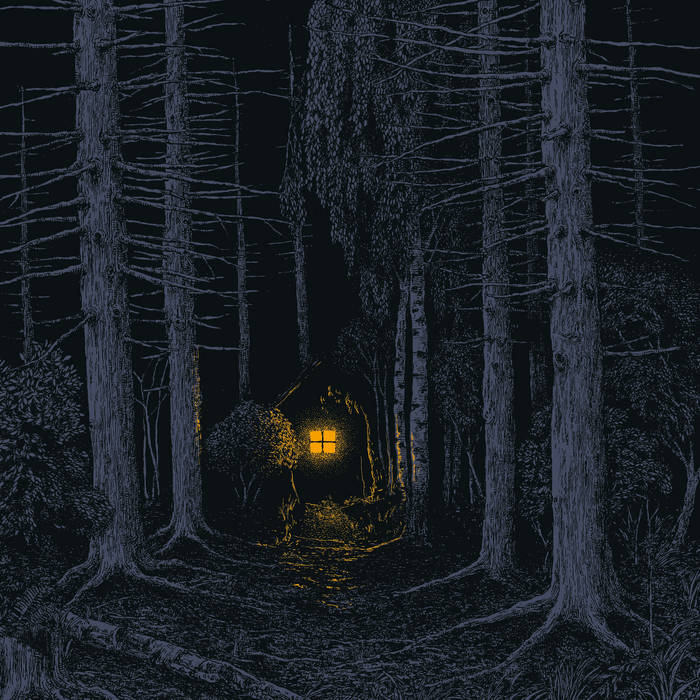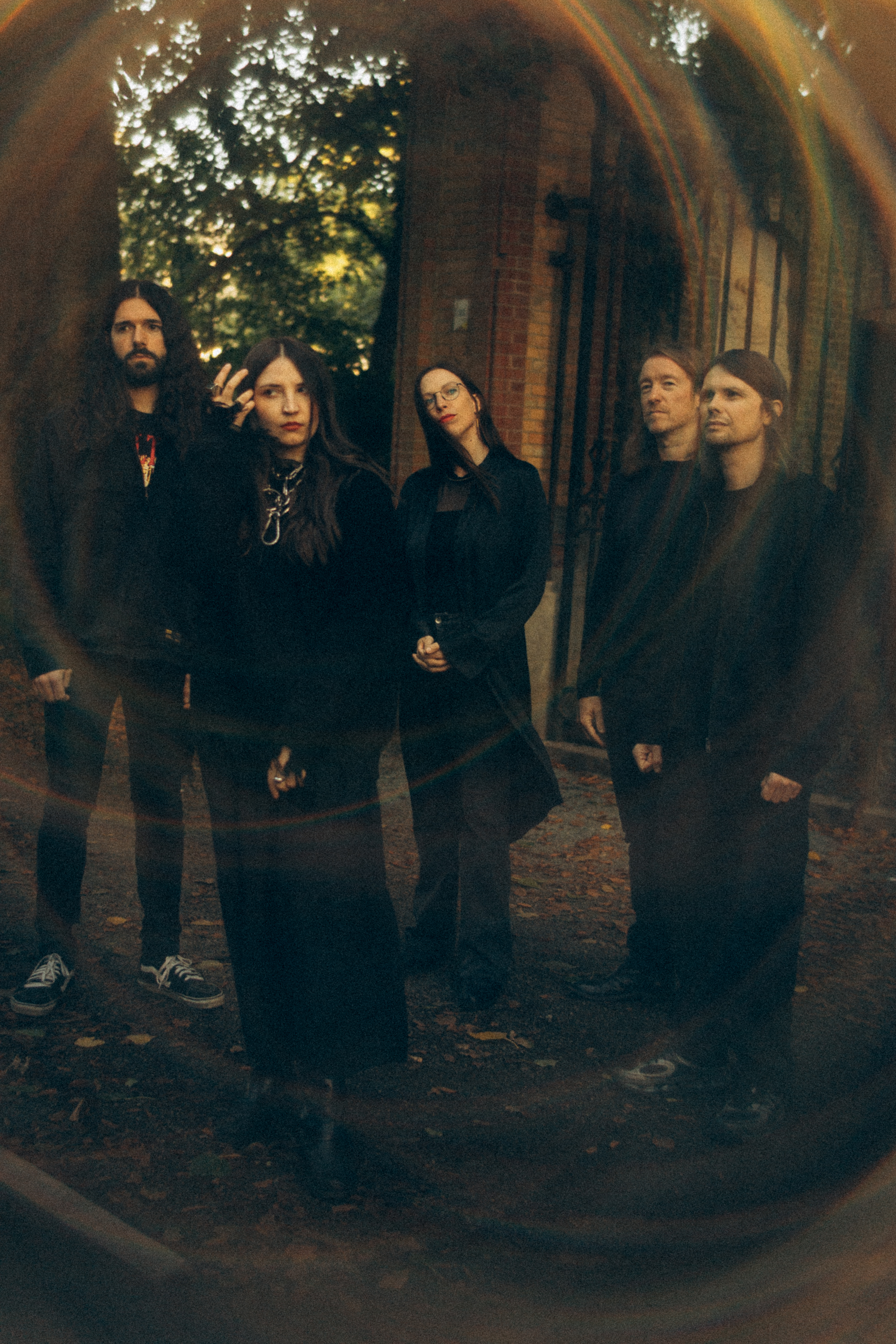As with the fodder of any holy scripture or revered sacred document, there lies within its tattered pages an outline for its version of the world’s eventual end. Somewhere between the inked or chiseled lines of the text, an inscription barks forth a date for sullen eyes to swiftly open upon its’ sight.
Incineration Day, Thunraz’s 6th outing, is the divine writ of today’s modern urban chaos. Smeared in charcoal and the mechanical remains of a world refusing to be forgotten, it stands as the edifice that adorns the front cover. This new shell of the hallowed stone — constructed out of broken cement, decrepit crosses used for public crucifixions, the remains of poets and painters, their frail bones hoisting the aphotic construction; we hear the jangle of the chains swaying in the summer wind.
This is a place that has not seen sun for a century, with every embittered word delivered with the frozen blade of coldness and precision. “Tyrant” opens with the successive strike of the strings like a rusty machine gun unloading on apparitions finally leaving the rancid hulks of bodies scattered around the perverse holy structure. The spirit of Gavin Ward lingers before it’s extinguished by the hurricane that is Sean Rehmer. The namesake of this track states “This has never been about love, only war and pain”. A tale of false morality and a twisted reality, it is the sardonic entrance into a world of punishment and engulfing darkness.
As the fire burns at the center of the melted frame, we travel through various worlds of this singed and unhinged book of Revelations. The howls of a skinless Page Hamilton reverberate into a void as the sweaty sore-covered Stanier bangs upon his skull with two femurs; an eyeless Wojciech Szymański feverishly joins the drum circle as the torches burn; the verdict is proclaimed.
There is something to be said about being left alone in a charred landscape like this with a duo. There is a mass and volume to the air here. The dirt is symphonic. The algae untouched for an age, now shimmering with the black rivers from the fallout. Somewhere in the jagged mountains, beyond the cover of a hazy obsidian cloud lurks the specter of a tattooless Okoi Jones; the hallucinatory dream of Angylus and Dragynfly (forever fluttering in our collective hearts); the tribal pulse of Gazelle Amber and Livengood.
The breathing of the dust that rolls off these mounts is not of “failure”, as Jalakas delivers on “Compactor”; but a compulsive, daily, ever-present battle with the elements of life. It is of friends gone past, of deep scars, of rejection — themes that Death Metal has yet to face fully as a genre. Emotion belongs not in a place like this, and yet, through the suffocating smoke, through the cackle of the crows on the simmered birches, it lives. It is its own construction, its own Pandora’s Box, that will (surely) act as a beacon for other acts to point the mirror both at themselves and the world — and hear a resonant call foretelling “You don’t know where I’ve been”, but taking the journey nonetheless.




